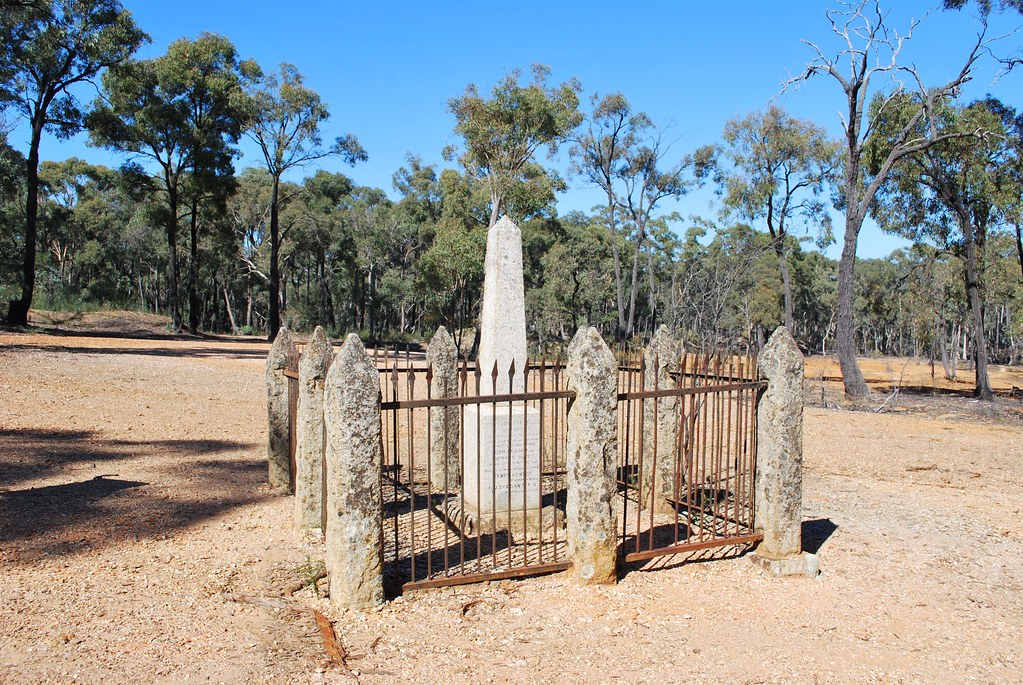
Welcome. It sounds so welcoming when used as a town name, as if the town founders and developers genuinely wanted visitors and residents alike to enjoy their time there. It sets a nice tone and a pleasant expectation.
Settlements named Welcome exist in a number of areas. I’m actually a little surprised there aren’t a few more.
Welcome, North Carolina
Welcome, North Carolina is the largest of the Welcomes, with nearly four thousand residents. If you’ve heard of a Welcome, it’s probably this one. Nonetheless, it might receive more attention if it stood in a slightly less populated area. Several much larger towns and cities nearby such as Winston-Salem, Greensboro, High Point and Lexington tend to overshadow it.
I appreciate the sign they’ve placed along the road into town. You might be able to make it out in the Street View image: “Welcome to Welcome” is what it proclaims. It’s not entirely creative. But give them points for simplicity and sincerity. I can’t think of any other town names where one could create such an elegant symmetry. I take that back — how about “Amble to Amble, Michigan.” Are there others? Maybe you can come up with better ones. That’s a contest, folks.
Welcome, the town, is most notable as the home base of Richard Childress Racing and the RCR Museum, for those of you who follow NASCAR.
Welcome, Minnesota
Well, the town of Welcome, Minnesota, offers a hearty welcome too. Several hundred people call this town home but I could find precious little more about it. It has great access to Interstate 90. Anything else?
I do know the name came from a gentleman who owned a farm on the outskirts of town in the Nineteenth Century. Over time the town grew onto his land and eventually took his name. Alfred Welcome was an English immigrant who arrived in the years after the U.S. Civil War.
That leaves me to wonder if Welcome is truly welcoming. They named it for a person rather than a genuine expression of emotion.
Others
I noticed several other Welcome towns. Welcome, Georgia includes streets with names like Welcome Rd., Welcome Sargent Rd., and Welcome-to-Arnco Rd. In Mississippi the townspeople are even more receptive. Here they call it Bewelcome. Visitors must be welcome here, I guess. The street grid includes some rather descriptive names that I may have to research further someday: Busy Corner Road (which doesn’t seem to have any busy corners) and my personal favorite, Old 24 Compromise Road. Surely there’s a story behind that.
Other Welcomes traced to: New York, South Carolina, Texas, Virginia and Washington.
Welcome Stranger

Welcome Stranger isn’t a town. It’s the largest alluvial gold nugget ever found, weighing in at an astounding 72 kilograms (159 pounds). That’s a lot of welcome! Prospectors discovered it in 1869 in Victoria, Australia.
It was so impressive that authorities placed an obelisk at the spot a few decades later. They called it the Welcome Stranger Monument (map). So that’s why it makes the list of welcomes.
Geoscience Australia pointed out one more welcoming location, a place in Queensland (Welcome Creek) although it doesn’t look very welcoming at all. In fact it looks downright hostile.
I then turned to the United Kingdom. Unfortunately I found no Welcomes at all, not because it’s an unwelcoming place I’m certain, but probably because they’d already named everything.

Leave a Reply